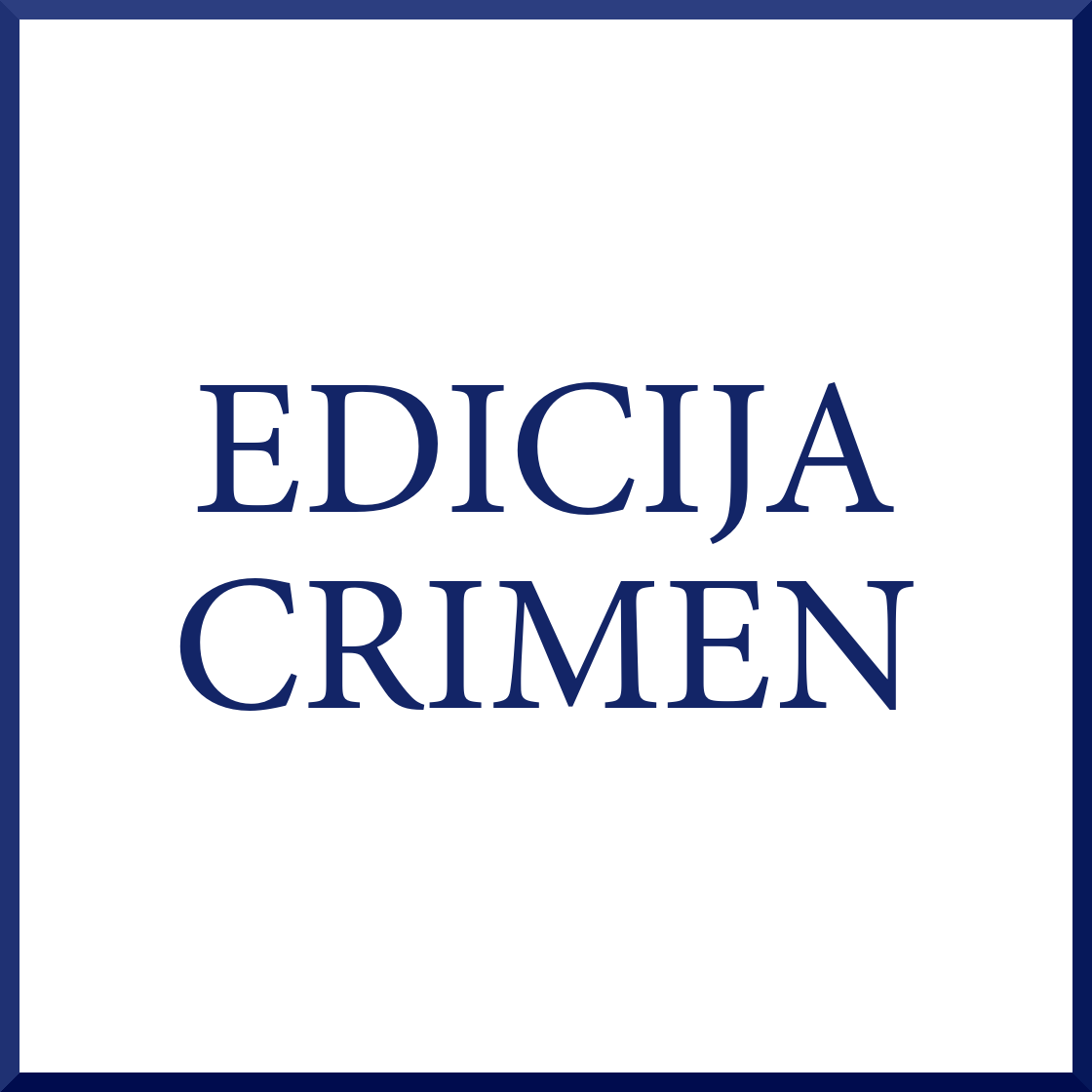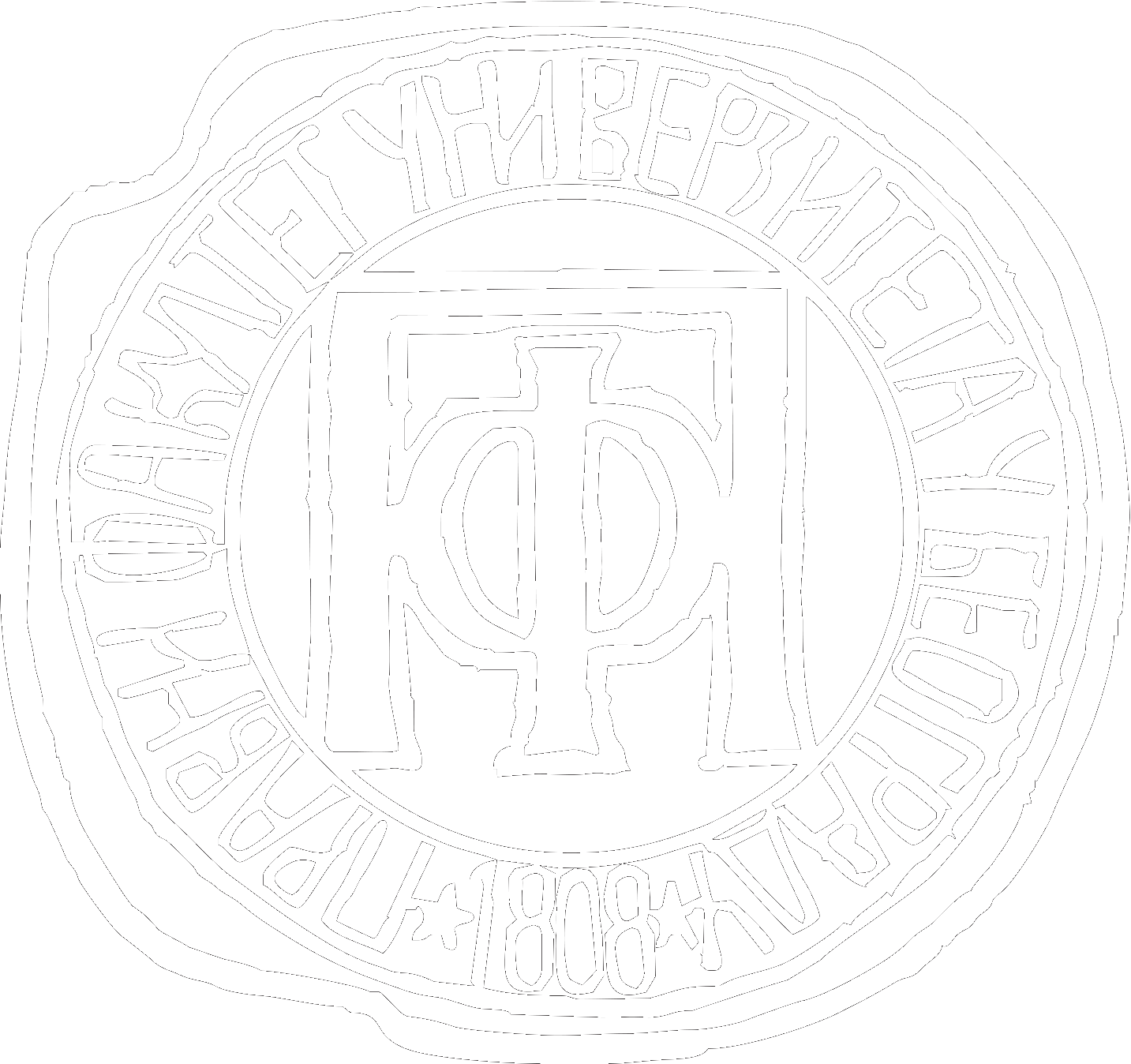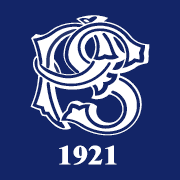Organized crime and narcotics
Introductory clarifications
DOI:
https://doi.org/10.5937/crimen2003235IKeywords:
drugs; narcotic addiction; criminal behavior; crime; organized crimeAbstract
Article is the first step in explaining complex relation between drugs and organized crime. Firstly, in order to better understand those relations, there are definitions of organized crime (type of property crime, determined by the existence of criminal organization which runs a permanent illegal business with the intention of maximizing profit, using violence to establish a monopoly over certain territory and the corruption of authority representatives) and drugs (illicit psychoactive substances - PAS - that affect addiction or changes in consumer consciousness). After that, author present their classifications and put an accent on "the new drugs" - club drugs and designer drugs. Before processing to the other considerations, he emphasize the distinctions among "drug-related crime" and "drug-addict crime" (crimes done by drugabusing offenders). Special attention is directed at the considerations of scientific research about influence of drugs on human behavior, especially on criminal conduct. It was concluded that between these phenomena there is a correlation, but not causality, which means that drug-abusing does not presume a crime. The importance of this assertion lies in the fact that media, general public, and even legislators often have completely opposite opinion on this problem. This is the reason why, on the one hand, citizens of various countries think that drugrelated crime means criminal activity, and on the other hand, political decision makers are constantly making criminal reaction too harsh not only towards wrongdoers who puts drugs into circulation ("dealing") only, but for drug-abusers, too. Unfortunately, the same thing has happened to Serbia which made criminal reaction quite severe in the area of drug-related crimes for many times in the last decade. Subjects who present considerable data about number of persons who are arrested or been serving a sentence in penitentiary institutions for drug-crimes should explain a few things. Firstly, they should account how many of them are deprived because they have been engaged in producing or selling substances that are declared narcotics. Secondly, they should clarify how many prisoners abused drugs before deprivation and how many during a sentence serving. Criminologists had an important assignment to persuade public and legislators that the most of actual beliefs about criminal reaction on drug-related crime are not based on scientific opinions. The biggest mistake is thinking that drug-abusing only leads to crime. In the environment where criminologists had major influence on the public and politicians, an apparent trend of reduction of criminal reaction or even decriminalization of some conducts in the area of drug-related crime has been noticed. They are treating narcotic addiction as medical, not criminal problem.
Downloads
References
Alexander, B. 2010. Globalization of Addiction: A Study in Poverty of the Spirit. Oxford. https://doi.org/10.1093/med/9780199588718.001.0001
Arsovska, J. 2014. "Organized Crime." In Encyclopedia of Criminology and Criminal Justice, edited by J. Albanese. Madlen. https://doi.org/10.1002/9781118517383.d463
Banović, B., and A. Ilić. 2019. "Mediji i organizovani kriminalitet." In Finansijski kriminalitet i korupcija, edited by J. Kostić and A. Stevanović. Beograd.
Bartol, C., and A. Bartol. 2005. Criminal Behavior: A Psychosocial Approach. Upper Saddle River.
Bell, S., ed. 2008. Encyclopedia of Forensic Science. New York.
Cassel, E., and D. Bernstein. 2007. Criminal Behavior. 2nd ed. Mahwah. https://doi.org/10.4324/9780203936535
Farrington, D. 1997. "Early Prediction of Violent and Non-violent Youthful Offending." European Journal on Criminal Policy and Research 5. https://doi.org/10.1007/BF02677607
Fijnaut, C., and L. Paoli. 2018. "Organizovani kriminalitet i politika njegove kontrole." In Organizovani kriminalitet – Izbor tekstova, edited by Đ. Ignjatović and A. Stevanović. Beograd.
Findlay, M. 1999. Globalisation and Crime: Understanding Transnational Relationships in Context. Cambridge.
Hammersley, R. 2008. Drugs and Crime. Cambridge. https://doi.org/10.1017/CBO9780511489266
Hobbs, D. 1998. "Going Down the Glocal: Local Context of Organised Crime." Howard Journal of Criminal Justice 4. https://doi.org/10.1111/1468-2311.00109
Howitt, D. 2009. Introduction to Forensic & Criminal Psychology. 3rd ed. Barlow.
Huizinga, D., S. Menard, and D. Elliot. 1989. "Developments in Drug Use: Temporal and Developmental Patterns." Justice Quarterly 6. https://doi.org/10.1080/07418828900090281
Hulme, S., C. Hughes, and S. Nilsen. 2020. "Price and Markup of Pharmaceutical Drugs Supplied on the Black Market." International Journal of Drug Policy 1. https://doi.org/10.1016/j.drugpo.2019.102626
Gilbert, M. 2005. "Drug Use and Criminal Behavior." In Encyclopedia of Criminology, vol. 1, edited by R. Wright and M. Miller. New York.
Goldstein, P. 1985. "Drug/Violence Nexus: A Tripartite Conceptual Framework." Journal of Drug Issues 4. https://doi.org/10.1177/002204268501500406
Ignjatović, Đ. 1998. "Organizovani kriminalitet (2. deo): Kriminološka analiza stanja u svetu." Beograd.
Ignjatović, Đ. 2016. "Organizovani kriminalitet u XXI veku: Kontroverze i dileme." In Suzbijanje organizovanog kriminala kao preduslov vladavine prava, edited by J. Ćirić. Beograd.
Ignjatović, Đ. 2019. Kriminologija. 15th ed. Beograd.
Ignjatović, Đ., and M. Škulić. 2019. Organizovani kriminalitet. 3rd ed. Beograd.
Ivanović, M. 2016. "Trgovina drogom kao organizovani kriminal: Stanje i tendencije." In Suzbijanje organizovanog kriminala kao preduslov vladavine prava, edited by J. Ćirić. Beograd.
Kolarić, D. 2020. "Suzbijanje zloupotrebe opojnih droga u krivičnom pravu Srbije." In Droga i narkomanija: Pravni, kriminološki, sociološki i medicinski problemi, edited by M. Milićević and I. Stevanović. Palić.
LeBoutillier, N., and B. Love. 2010. "Developments in Treatment for Drug Misuse Offenders." In Forensic Psychology: Concepts, Debates, and Practice, 2nd ed., edited by J. Adler and J. Gray. Abingdon.
Levi, M. 2003. "Organising Financial Crimes: Breaking the Economic Power of Organised Crime Groups?" In Global Organized Crime: Trends and Developments, edited by D. Siegel, H. van de Bunt, and D. Zaitch. Dordrecht. https://doi.org/10.1007/978-94-007-0985-0_13
Ljubičić, M. 2014. "Društveni faktori nastanka i širenja zavisnosti od psihoaktivne supstance krokodil na prostoru bivšeg Sovjetskog Saveza." Sociologija 3.
Maltz, M. 1976. "On Defining Organized Crime: Development of a Definition and a Typology." Crime and Delinquency 3.
Newburn, T. 2007. Criminology. Cullompton. https://doi.org/10.1177/001112877602200306
Pakes, F., and J. Winstone. 2007. Psychology and Crime: Understanding and Tackling Offending Behaviour. Cullompton.
Palacous, W. 2005. "Club Drugs." In Encyclopedia of Criminology, vol. 1, edited by R. Wright and M. Miller. New York.
Palacous, W. 2005a. "Designer Drugs." In Encyclopedia of Criminology, vol. 1, edited by R. Wright and M. Miller. New York.
Paoli, L. 2002. "Paradoxes of Organized Crime." Crime, Law & Social Change 1.
Paoli, L., and T. Beken. 2014. "Organized Crime: A Contested Concept." In Oxford Handbook of Organized Crime, edited by L. Paoli. Oxford. https://doi.org/10.1093/oxfordhb/9780199730445.013.007
Pélicier, Y., and G. Thullier. 1999. Droge. Beograd.
Stelfox, P. 2006. "Transnational Organised Crime: Police Perspective." In Transnational Organised Crime: Perspectives on Global Security, edited by A. Edwards and P. Gill. London.
van de Bunt, H., and D. Siegel. 2003. "Introduction." In Global Organized Crime: Trends and Developments, edited by D. Siegel and H. van de Bunt. Dordrecht. https://doi.org/10.1007/978-94-007-0985-0_1
Vaughn, M. 2009. "Substance Abuse and Crime: Biosocial Foundations." In Biosocial Criminology, edited by A. Walsh and K. Beaver. New York.
von Lampe, K. 2016. Organized Crime: Analyzing Illegal Activities, Criminal Structures, and Extra-legal Governance. Los Angeles.
West, R. 2001. "Theories of Addiction." Addiction 1. https://doi.org/10.1046/j.1360-0443.2001.96131.x
Young, J. 1971. "Role of the Police as Amplifiers of Deviancy: Some Consequences of Our Present System of Drug Control in Notting Hill." In Images of Deviance, edited by S. Cohen. Harmondsworth.

Downloads
Published
How to Cite
Issue
Section
License
Copyright (c) 2021 Đorđe Ignjatović

This work is licensed under a Creative Commons Attribution 4.0 International License.
The authors retain copyright and grant the journal the right of first publication, allowing others to share the work with proper attribution to the authors and acknowledgment of its original publication in this journal.










